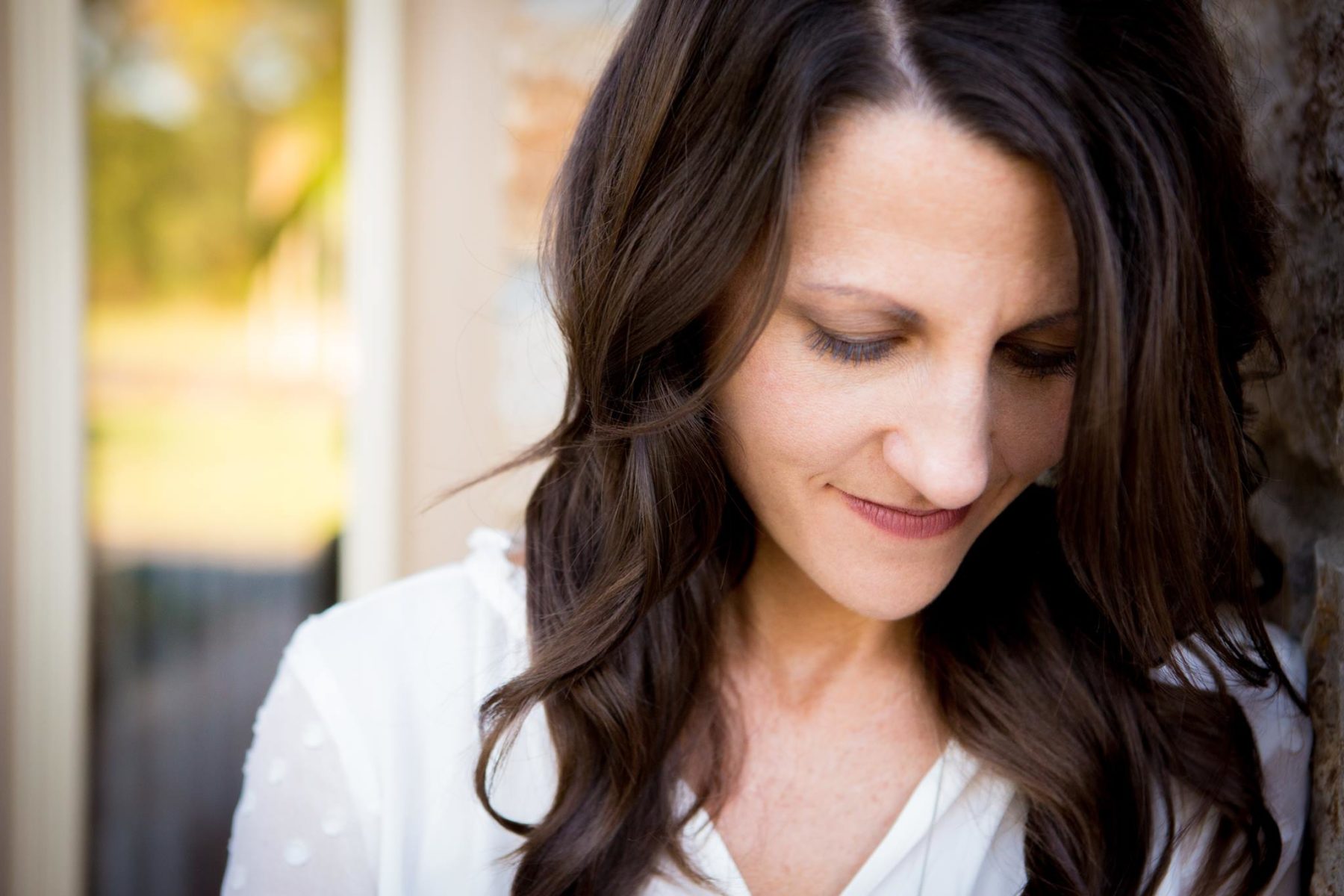One Diet Doesn’t Fit All

Finding the perfect diet can often seem like a quest for the Holy Grail. You know it’s out there, but you have very little idea where to start looking.
However, the one thing you need to bear in mind is that there is no one-size-fits-all diet that will equally work well for you, me, our next-door neighbors, our bosses and the friendly girl at the local supermarket.
Let’s explore what you can do to find the best one for yourself.
Do Some Blood Work and Talk to Your Doctor
Ideally, you want to do a bit of blood work before you change anything about your diet. It can help uncover any deficiencies you may have and show you how your body works.
The more comprehensive the blood test, the more information you’ll be able to gather. You’ll have all kinds of info, ranging from allergies and intolerances to food sensitivities and the nutrients you should consume more.
Speak to a doctor or nutritionist as well. A professional will be able to offer additional advice and set you on the right path to the best diet.
Align Your Diet with Your Belief System
Consider whether you want to align your diet with your own set of beliefs. For example, your religion may require you to avoid eating certain foods or to fast during certain periods. These are important factors you need to consider so you can base your diet around them.
You may also want to go vegan or vegetarian to show your support for animal rights and welfare. If you limit your intake of meat or dairy for whatever reason, you will again need to up your intake of other foods rich in protein and calcium to ensure your body gets all the nutrients it needs.
Set a Specific Goal
What you eat also needs to support the health and fitness goals you have already set for yourself.
For instance, if you’re trying to lose weight, you’ll want to be in a slight caloric deficit of around 200 to 300 calories per day. On the other hand, if you want to gain muscle, you’ll need a caloric surplus and a bigger protein intake.
As your goals and priorities change, you also need to make sure your diet evolves. So don’t set it in stone, and keep it as flexible as possible.
Align Your Diet with Your Lifestyle
Arguably the most important element of your diet to consider is your lifestyle. You don’t want your diet to be a chore or hassle. You want it to not only fuel your body and mind but also be accessible and support your goals.
For example, if you want to eat as clean as possible for three months, you will need to restock your pantry and find alternatives for your not-so-clean favorites. This will include finding healthier energy drink options and swapping out snacks for the less sugary alternatives.
Remember, a diet is only sustainable if it’s enjoyable. The better you’re able to align it with your way of life, the more likely you will stick to it.

Consider Your Time and Budget
How well we eat is often impacted by our budget and the time we have to prepare meals. Of course, there are services out there that provide personalized meal preparation, but they often come with quite the price tag.
You can eat exceedingly healthy on a budget if you want to, but it does require a bit more effort. So before you settle on a choice of diet, try to work with some figures. How much money can you spend on food monthly, and how often can you cook?
Once you’ve answered these questions, you’ll be able to match your meal plan to your circumstances more easily.
Make Sure You Eat What You Like
Finally, no matter what your goals are or what your lifestyle looks like, make sure you eat foods you actually like. The more you deprive yourself of your cravings, the worse they will get, and you won’t be able to keep your healthy eating habits up for a long time.
Remember the 80/20 rule — as long as you eat well 80% of the time, you can eat whatever you like for the remaining 20%, and it won’t impact your results in any way.
Final Thoughts
Finding the perfect diet will take some time but by considering these questions, you will set yourself up for success. Try not to ask too much of yourself, and enjoy your new diet. After all, we don’t just need to eat to live — we should also sometimes live to enjoy eating.
About the Author

Sarah is a life-enjoyer, positivity-seeker and curiosity-enthusiast. She is passionate about an eco-friendly lifestyle and adores her cats. She is an avid reader who loves to travel when time allows.






